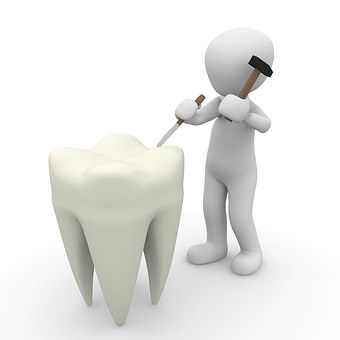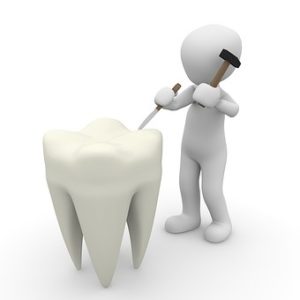Know the Early Symptoms of Oral Cancer
What is oral cancer? To have a clear understanding of it, it would help to define cancer first. Cancer is the uncontrollable growth of cells that invade and damage surrounding tissue. Oral cancer, therefore, is a sore or growth in the mouth that does not go away. It includes the cheeks, lips, tongue, soft and hard palate, the floor of the mouth, sinuses, and throat. When not diagnosed and treated early, it can be life-threatening. The most common symptoms of oral cancer include:
- Changes in the fit of dentures
- Chronic sore throat, hoarseness, or change in voice
- Difficulty speaking, chewing, swallowing, or moving the tongue or jaw
- Ear pain
- Excessive weight loss
- Feeling that something is stuck in the back of the throat
- Persistent sores on the mouth, face, and neck that bleed and do not heal in 2 weeks
- Unexplained bleeding in the mouth
- Unusual growths or changes on the lips and inside the mouth, like lumps, erosion, swelling, thickening, or crusting
- Unusual numbness, tenderness, and pain anywhere in the mouth, face, or neck
- Velvety red or white patches (or a speckled mix of red and white) in the mouth
Studies show that men have twice the risk of developing oral cancer, compared to women. Men over 50 years old face the greatest risk. Some of the risk factors for the development of oral cancer include smoking, excessive alcohol consumption, excessive sun exposure, family history of cancer, and human papillomavirus (HPV). If you notice any of the changes stated above, contact your dentist or health care professional right away.
The good news is that oral cancer can be prevented. One of the things that you can do is to not smoke or use any tobacco products and refrain from binge drinking alcohol. It is also important to eat a healthy, well-balanced diet. It is recommended as well to limit sun exposure. Repeated exposure increases the risk of developing cancer on the lip. If you need to be under the sun, use protective creams or lotions on your skin and lips.
It also helps to take an active role in the early detection of early cancer. Conduct a self-exam once a month by looking at and feeling your lips and gums, including the inside of the mouth, the back of the throat, the lower jaw, and the neck. Immediately call your dentist if you notice any of the signs mentioned above. Along with the self-exam, also visit your dentist for a cancer screening every year. Early detection can increase the chances of successful treatment.
you may read more interesting articles about dental care below:
- What is the Right Time to Visit a Dentist for a Periodic Check-Up?
- What Do You Do If You Need an Emergency Dentist?
- How Do You Keep Your Teeth Healthy and Strong?






 |
|